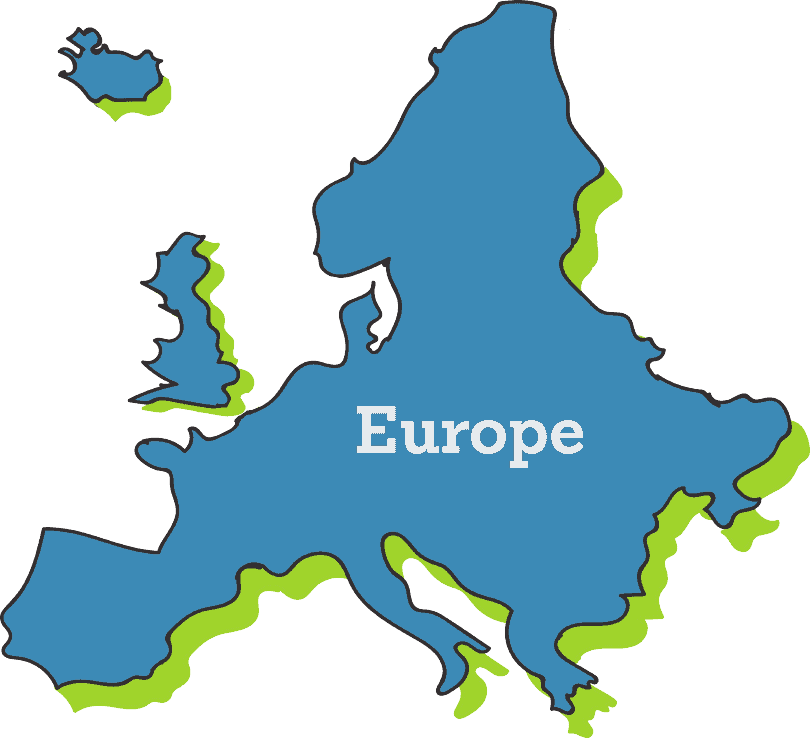Are electronic signatures legal in Ireland?

Ireland has recognised electronic signatures since 2000, with the Electronic Commerce Act, and now adheres to regulations set by eIDAS which came into play July 2016.
Giving businesses the option to use electronic signatures whilst trading.
Yes, e-signatures are court admissible
Each country has it’s own regulations that determine whether an electronic signature is seen as legal or not. So, as long as your electronic signature adheres to these, a signature won’t be rejected simply for not being handwritten.
Yes, e-signatures can be used in business
Whilst 100% legal; there are exceptions for very specific types of transactions. It is still up to the discretion of the independent user, or governing body, whether they are used or not. As each business needs are different and the agreements themselves may vary. We always advise you to speak with an authority within your businesses category.
Legal Model
Ireland’s legal model is a tiered one. This means that Qualified Electronic Signature are seen as a legal type of e-signature. This doesn’t mean that a non-QES e-Signature can’t be submitted in court, but it will need additional evidence to support it.
Legal Classification
Ireland operates a Common Law system, which is based on:
- Judicial decisions are seen as binding
- Laws aren’t always of a written structure
- Few provisions are hinted at into the contract, by law
- Generally, everything is permitted that isn’t expressly prohibited by law
Few provisions are implied into a contract under the common law system – so it’s important to cover all the terms governing the relationship between the parties to a contract in the contract itself. This usually means that contracts are typically longer than one in a civil law country.
Full Summary
Under Irish laws a written signature is not always needed for a contracts to be seen as valid – contracts are seen as such if legally able individuals have reached an agreement. This can done by agreeing verbally, electronically or through physical methods.
Since July 2016, the eIDAS regulation has meant that all companies in the EU comply with each other’s e-Signature regulations. standardising them across Europe.